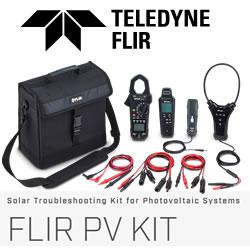SolarWorld statement regarding stimulus-funded Advanced Energy Manufacturing Tax Credits
HILLSBORO, Ore., Nov. 28, 2012 – SolarWorld today issued the following statement attributable to Gordon Brinser, president of SolarWorld Industries America.
SolarWorld wishes to clarify that it has received no federal subsidies for developing its solar-manufacturing plant in Hillsboro, Ore., the largest and only vertically integrated solar plant in the Western Hemisphere, or for redeveloping its now-closed plant in Camarillo, Calif. SolarWorld has invested more than $600 million of its own money into its Hillsboro campus alone. Although the U.S. Department of Energy in 2010 awarded the company eligibility for $82.2 million in advanced energy manufacturing tax credits under the American Recovery and Reinvestment Act (ARRA), SolarWorld has never applied for, used, sold or profited from these credits.
About SolarWorld (www.SolarWorld.com)
SolarWorld manufactures solar power systems and in doing so contributes to a cleaner energy supply worldwide. The company, headquarted in Bonn, employs about 3,000 people and carries out production in Freiberg, Germany, and Hillsboro, Oregon, USA. From raw material silicon to the solar module, SolarWorld manages all stages of production ‒ including its own research and development. Through an international distribution network, SolarWorld supplies customers all over the world with solar modules and complete systems. The company maintains high social standards at all locations across the globe and has committed itself to resource- and energy-efficient production. SolarWorld has been publically traded on the stock market since 1999 and is quoted in the technology index TecDax. SolarWorld achieved sales of about 1 billion Euros for the fiscal year 2011.�
Featured Product

FLIR PV KIT - Solar Troubleshooting Kit for Photovoltaic Systems
FLIR PV kits are designed to assess the performance, safety, and efficiency of residential, commercial, and industrial solar panels and photovoltaic systems. PV kits from FLIR help you diagnose faults and potential failures and ensure optimal energy production, system longevity, and compliance with industry standards. With a PV kit from FLIR, you'll be perfectly equipped for any solar installation or repair.
